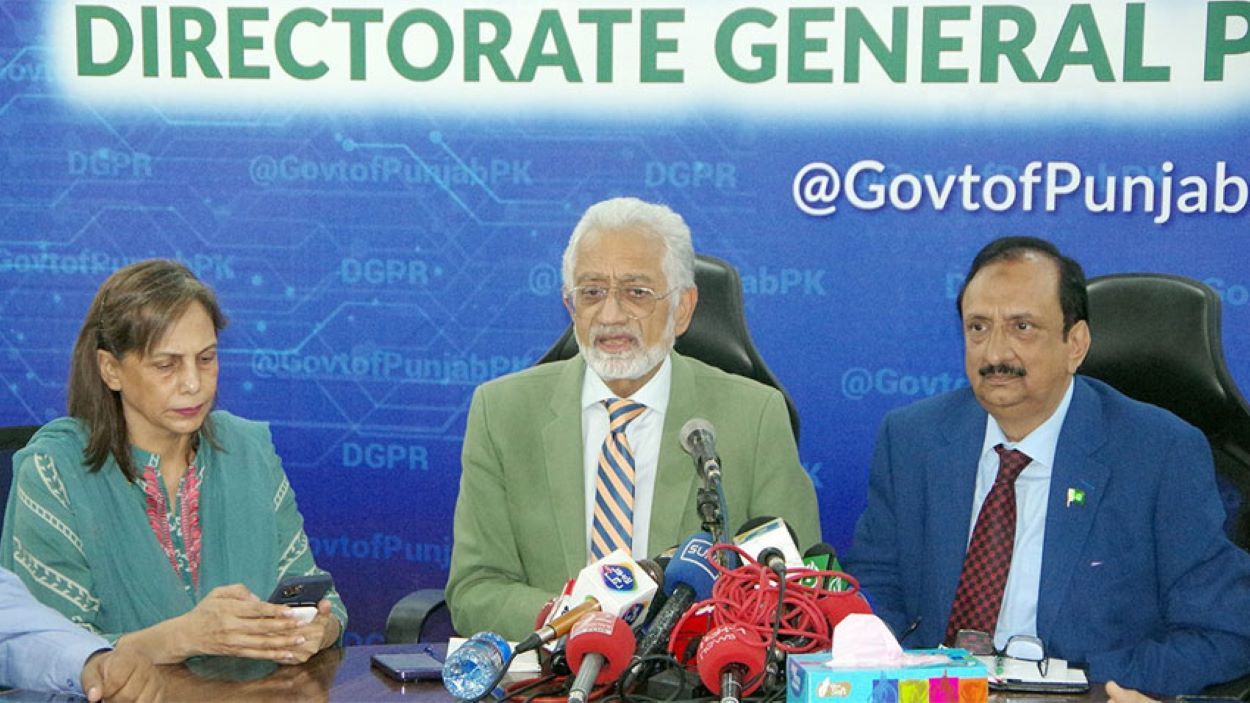On Wednesday, Punjab’s interim Health Minister, Dr. Javed Akram, announced the arrest of two individuals linked to the Avastin injection scandal that has been blamed for vision loss in numerous diabetic patients throughout the province. After multiple cases of adverse reactions to the drug surfaced, primarily in the Kasur district, investigations revealed that many patients developed endophthalmitis – a severe inflammation inside the eye leading to vision loss.
To date, 68 patients have reportedly been affected by this tainted drug, prompting the Punjab government to impose an indefinite ban on Avastin. In addition to setting up a portal to gather data on affected patients and offer treatment, the government has initiated a comprehensive inquiry into the matter.
During a press briefing, Dr. Akram refrained from sharing specifics about the arrested individuals but emphasized that the incident was under thorough investigation. “No suspect in this case will be treated with leniency,” he declared. He assured the Punjab government faced no external pressure and was committed to ensuring justice. Notably, 15 of the 68 affected patients have already undergone corrective surgeries, and efforts are ongoing to restore the vision of the others. Dr. Akram also confirmed that all sales points of the allegedly tainted eye drug had been sealed.
PHC Calls for Special Hospital Inspections
Following these developments, the Punjab Healthcare Commission (PHC) Board of Commissioners (BoC) called an urgent meeting. Led by chairperson retired Justice Muhammad Bilal Khan, the board has directed the PHC’s senior management to brace for special inspections of hospitals reporting eye infections linked to the Avastin injection. This decision came after a briefing about the scandal’s current status by a representative of the PHC, detailing discussions held between the interim provincial health ministers, Prof Javed Akram and Dr Jamal Nasir.
The committee’s mandate includes investigating the drug’s import, compounding, and dosage dispensing processes. Meanwhile, the PHC will probe hospital practices where the contentious injection was administered. To ensure patient safety, the BoC has demanded rigorous inspections of these medical facilities, focusing on adherence to minimum service delivery standards. This includes crucial aspects like infection control, medication management, qualifications of medical personnel, and sterilization protocols in operating rooms.
To further assist affected patients, the BoC has launched an advisory urging them to report any related issues. For a streamlined process, patients can send their complaints via WhatsApp to 0306 0843500, facilitating prompt investigations by the PHC.






